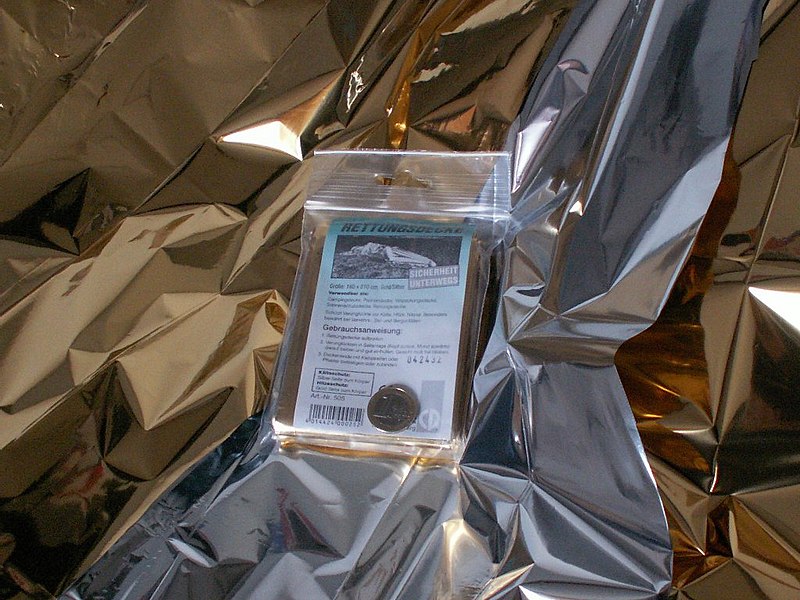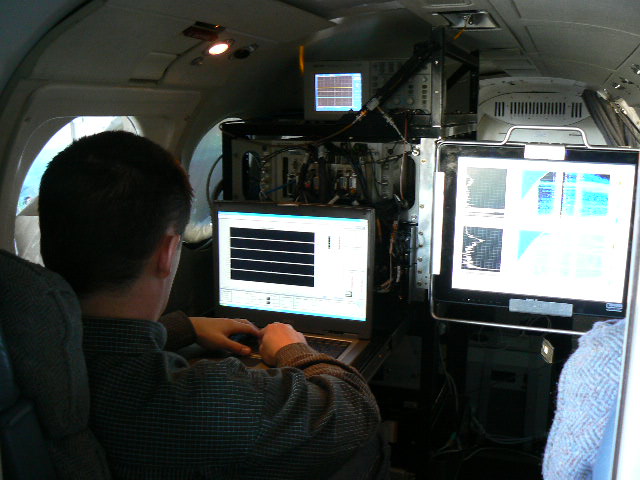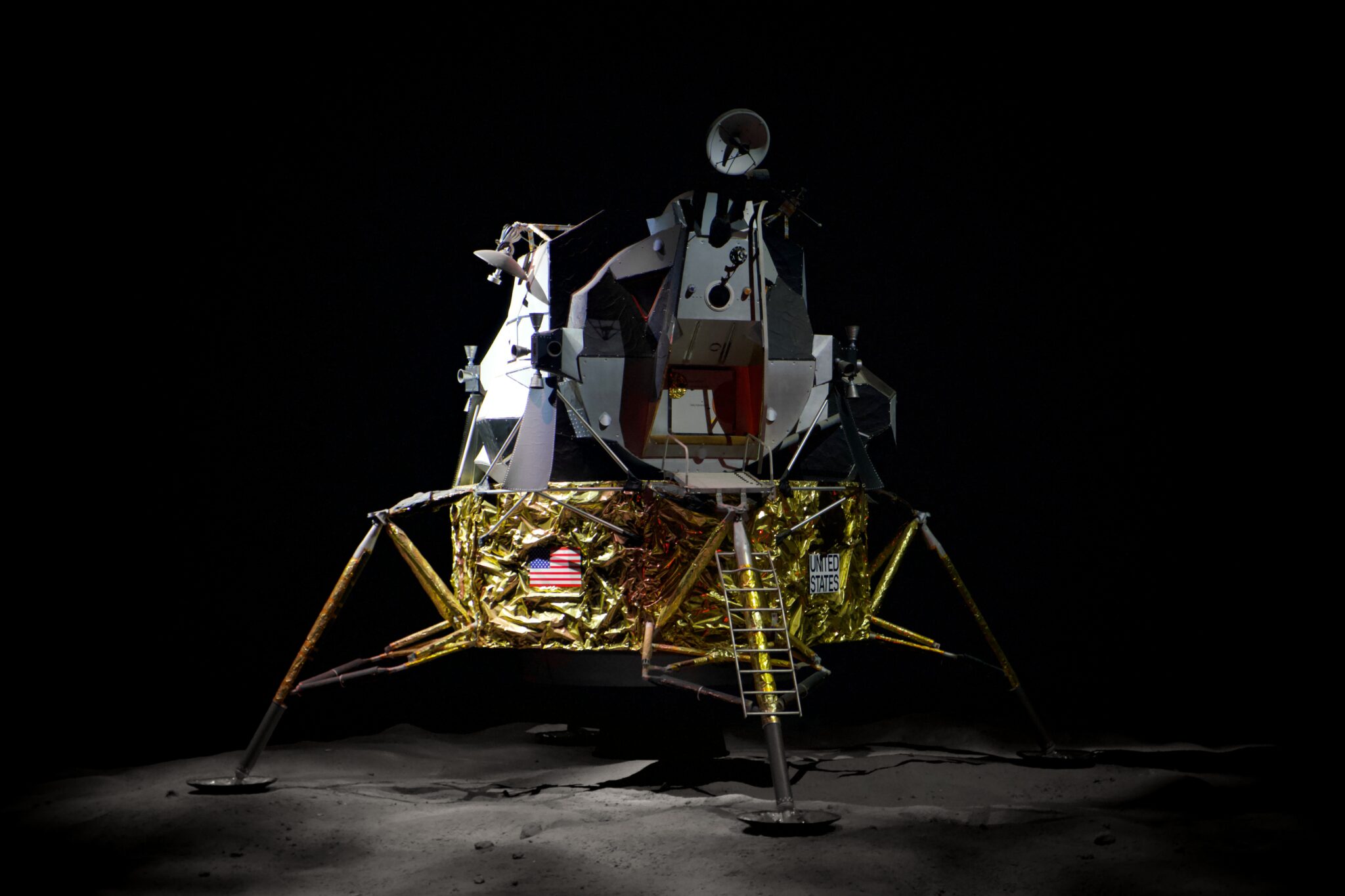Since 1969, Neil Armstrong, the first astronaut to rocket away from Earth and loop around the Moon, space exploration has been the most debatable topic of the decade. To seek beyond the limits has been the native nature of humans. Simultaneously the intriguing human brain questions the reason for this endeavor that costs such a considerable amount of money with apparently no benefits to the human race.
People have a bifurcated opinion about spaceflights. There is a significant ratio out there who decry the importance of such space exploration as a total waste of money, believing that there are more sensitive issues on earth like hunger, famine, poverty that need the spotlight. Although, such criticism was still there when some five hundred years ago, the European powers decided to sail across the planet to colonize other countries. And even was, when in 1960, the first satellite was launched into space, but look at the wonders of it in the space today!
The money spent on such missions does not just float away into the galaxy. Still, it opens the door into the world of innovations and possibilities with a treasure of resources and knowledge one’s mind is still not able to comprehend. To get an insight into how such exploration opens the frontier, we run down five top reasons why space exploration is significant.
Natural Resources
As the population is increasing on earth, the resources are burning out. It is a matter of time that we will deprive the essentials needed for our survival. In space, there is an unlimited stock of resources that we can bring back to our planet and suffice people’s needs here on Earth. And will probably make us move beyond the excuse to hike up the prices of the oil barrel.
Outer space is also a potential source of heavy metals like silver, platinum, and gold of more than 100 trillion dollars that can be used to generate money. Moreover, helium-3 (used in MRIs) and rare earth elements have been discovered from Moon, are used in electronics & solar panels.
Inventions
Spaceflights are responsible for many nifty inventions that we use daily, making our lives more comfortable and fun-loving. Speaking of inventions, freeze-dried food comes to our mind but it more than that. Heating blankets is one such example that uses the plastic coated with a reflected agent that was primarily invented by NASA to protect spacecraft and people in space, now used in helping accident victims staying warm. Nitinol, a flexible, resilient alloy used in braces, was also first designed to be used in satellites.

Electrolyte silver Iodizer now widely used as a Water purification system in recreational pools to kill bacteria, was also invented by NASA to purify astronauts’ drinking water. JPL played a leading role in developing a technology for capturing an excellent digital image for space programs. Later that technology helped to create CAT scanners and radiography. Artificial limbs are also a byproduct of NASA’s innovation into shock-absorbing material with robotic and extravehicular activities.
Numerous other innovations, including dust busters, LEDs, scratch-resistant lenses, ear thermometers, ear insulation, and much more, are the ‘spin-offs’ of space travel. Within the next few years, the space program is expected to improve our knowledge of solar energy power, cryogenics, and robotics expected to offer significant improvements in health care, energy and the environment, standard technology, and many other areas.
NASA’s Environmental Research
One must think that the guys who burn million pounds of rocket fuel are not environment-friendly people, but NASA has done more in the Earth science arena than many of us are even aware of. NASA has a distinguished contribution to Earth’s health and the inhabitants of this planet while being up there looking at all of us. One such miraculous piece of equipment NASA has is High Spectral Resolution Lidar (HSRL) used to track and understand Earth’s air quality.
NASA’s airborne radar devices are used to study climate change, for research on the flow of glaciers, and map the surface topography of the areas’ ice. These researches help scientists better understand the effects of global warming and what the future holds in climate change.

Another area of research that focuses on the production of clean fuel for life on Earth. NASA also plays an active role in educating people, making them more considerate to take care of their planet, and developing their interest by initiating projects like FIRST; an international robotic competition held each year with the thought process to aspire kids with science and engineering talents that will yield a generation of scientist in the future capable of solving the world’s biggest problems, including global warming, energy issues, pollution, and countless other issues affecting the environment.
Put Ourselves into Perspective
Kathy Sullivan, the first American woman to perform a spacewalk, said in an interview that;
“The thing that grew in me over these flights was a real motivation and desire … to not just enjoy these sights and take these pictures but to make it matter.”
Seeing the Earth from space can change a person’s perspective of how small and fragile our habitat is, and how vulnerable it is to the abuse we have done over the years. Maybe we come to think of the fact of how majestic our planet is, one of the great wonders of the creature, and how ungrateful we are to the gift of God. At this very time, this realization is crucial; otherwise, we might lose it in the face of a great calamity due to our careless attitude.
Survival
According to the recent estimation, Earth’s carrying capacity is between 8-16 billion, and there’s already 6.8 billion of us. This overpopulation, other than forest fires and oil spills, is doing significant damage to the planet. Rightfully so, the scientists with a futuristic vision believe that we need to start looking for other habitable regions and start colonizing other planets; our survival might depend on it. For the very reasons, spaceflights are significant for searching for different regions with suitable conditions to move in case of Earth saturation.
Space exploration is not just limited to the human brain, intriguing to know the unknown. Still, it has the potential of discovering a land of unlimited resources, new home, and groundbreaking technological advancements. Moreover, it is the need to ease off our planet; otherwise, we are one major event away from extinction. Hence the journey from sailing the oceans of this planet to sailing the cosmic ocean is inevitable for our survival.
Also, read: Everything you need to know about remote sensing

Sabeeka Zafar is a Bioinformatician-to-be with a passion to be a significant part of the great revolution in the near future in the field of Bioinformatics specifically and that of Science generally. Sabeeka is a social activist, enjoys working with people for the betterment of the society and loves to read and to write.

